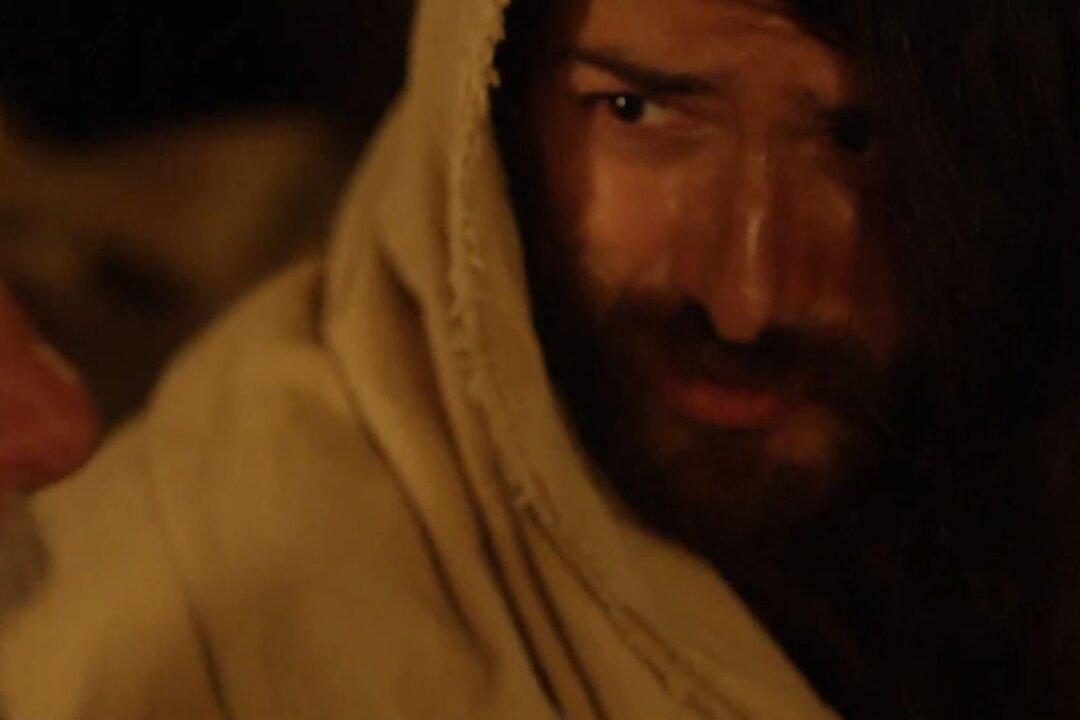Commentary
I’ve written about a number of End Times narrative films, including the excellent 2019 thriller “The End of Days: Global Catastrophe,” and 2013’s “Final: The Rapture.” However, I haven’t covered any documentary films based on this subject, so I was excited to watch and review director Brent Miller Jr.’s recent 2020 film, “Before the Wrath,” (available on Epoch Cinema), and boy, am I glad I did.





